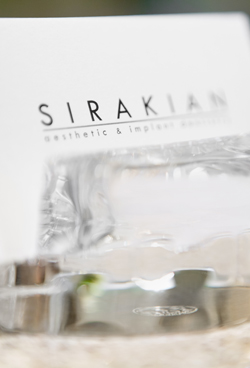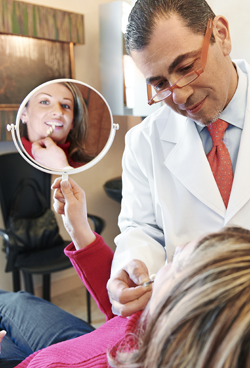
Love your morning cup of Joe but want to preserve those pearly whites? Here is some valuable information for you caffeine fiends out there!
That perfectly blended aroma, that warm sensation stimulating our tongues, how could we live without it? We all know how important it is to have our daily dose, but also how essential it is to have a white, confident smile.
So how exactly does coffee stain teeth one wonders? If you’re an occasional coffee sipper this will not entirely apply to you, but if you are a regular “daily doser” there are some ways to disrupt the buildup that causes stains. According to research conducted by dental experts at Colgate, “the pigments from dark colored drinks can embed in the enamel of our teeth,” and if not cared for correctly, can cause permanent discoloration.
There are ways to easily correct this! Even simply changing the type of water we use in our coffee can help to prevent these stains. Try using a straw or gulping down your drink all at once versus casually sipping on it throughout the day—this way, you have a lower risk for continued discoloration.
Research states: “staining molecules like to stick to our teeth because they have an affinity for calcium ions and proteins on the surface.” Because of this, the “staining molecules” mix with the “calcium ions present in the water you are using to brew, leading to potentially yellow teeth.” By switching to filtered mineral water when making your daily brew, the water will become “hard,” be naturally infused with minerals, and help to kill off the staining molecules.
We all know it would be hard to survive those 9 to 5 days without this delightful and extremely helpful caffeinated substance, so make the small changes to allow you to continue on with your daily doses of deliciousness. Ongoing research continues to show that coffee may have more health benefits than we’ve realized too! Always remember to chew sugar free gum and rinse with water to get rid of staining molecules after that coffee fix. If discoloration continues to occur, set up a time to meet with your dentist to discuss in-room, or at-home whitening treatments, or a stronger teeth-whitening toothpaste.








